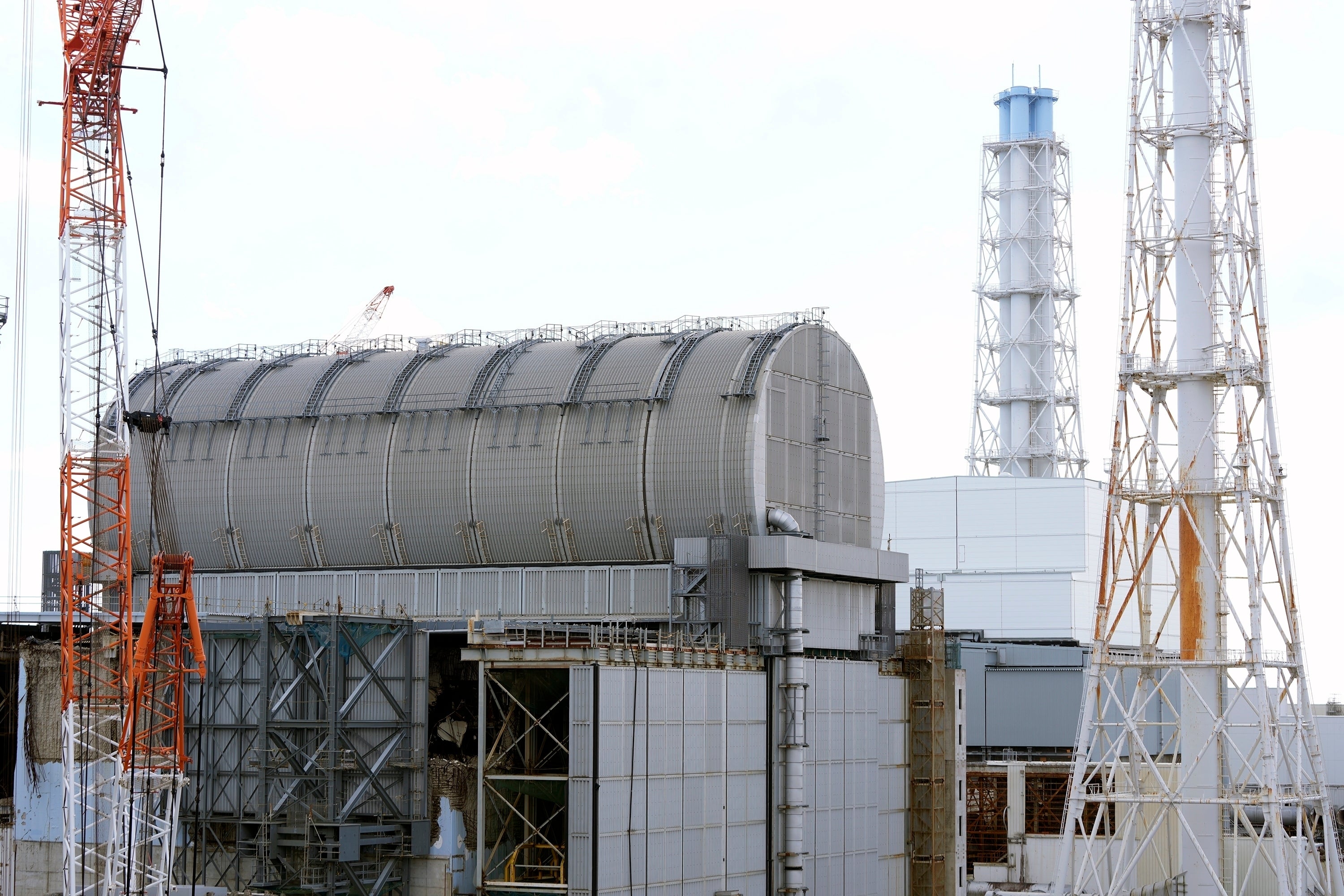
The full-scale removal of melted nuclear fuel from the tsunami-wrecked Fukushima Daiichi power plant has been delayed by several years, with the operator now targeting 2037 or later for the crucial operation.
Tokyo Electric Power Company Holdings (TEPCO) announced the setback on Tuesday, underscoring the immense challenges still facing the site.
TEPCO stated that 12 to 15 years of preparation are required before commencing full-scale debris removal at the No. 3 reactor, involving radiation reduction and facility construction.
An estimated 880 tons of melted nuclear fuel and structural debris remain within the three reactors that suffered meltdowns following the 2011 earthquake and tsunami.
This latest delay further jeopardises the Japanese government and TEPCO's existing 2051 target for decommissioning the plant.
A test retrieval of a small fuel sample in November was already three years behind schedule, with some experts suggesting the entire decommissioning process could extend beyond a century.

TEPCO said it plans to stick to the current completion target of 2051.
“Realistically, we are aware of the difficulty (to achieve the target) but we will not drop the goal just yet, as we still don't have a clear work schedule after the full-scale removal begins,” said Akira Ono, chief decommissioning officer at TEPCO.
Ono said TEPCO plans to examine preparation work necessary at the two other reactors within the next couple of years ahead of full-scale melted fuel retrieval.
After small missions by robots to gather samples, experts will determine a larger-scale method for removing melted fuel, first at the No. 3 reactor.
In May, Japan announced plans to use slightly radioactive soil, stored near Fukushima nuclear plant, for flower beds outside Prime Minister Shigeru Ishiba’s office.
The move is intended to demonstrate the safety of reusing soil that was removed from Fukushima prefecture during decontamination efforts following the 2011 nuclear disaster. Officials say that some of the soil has now reached levels deemed safe for reuse.
Why your matcha latte is about to get a lot more expensive
Japanese authorities fear sarin death cult founder’s son is continuing his legacy
Japanese PM Shigeru Ishiba dismisses reports that he will step down next month
Key things to know about Trump’s ‘massive’ Japan–US trade deal
Anti-vaxxers inspired by Trump and Reform UK make big gains in Japan
Japan PM Shigeru Ishiba clings to power after bruising defeat in parliament







